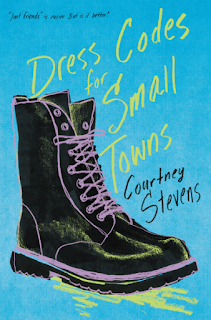New from Oxford University Press: Future History: Global Fantasies in Seventeenth-Century American and British Writings by Kristina Bross.
 About the book, from the publisher:
About the book, from the publisher:
Future History traces the ways that English and American writers oriented themselves along an East-West axis to fantasize their place in the world. The book builds on new transoceanic scholarship and recent calls to approach early American studies from a global perspective. Such scholarship has largely focused on the early national period; Bross's work begins earlier and considers the intertwined identities of America, other English colonial sites and metropolitan England during a period before nation-state identities were hardened into the forms we know them today, when an English empire was nascent, not realized, and when a global perspective such as we might recognize it was just coming into focus for early modern Europeans. The author examines works that imagine England on a global stage in the Americas and East Indies just as--and in some cases even before--England occupied such spaces in force. Future History considers works written from the 1620s to the 1670s, but the center of gravity of Future History is writing at the mid-century, that is, writings coincident with the Interregnum, a time when England plotted and launched ambitious, often violent schemes to conquer, colonize or otherwise appropriate other lands, driven by both mercantile and religious desires.Visit Kristina Bross's website.
--Marshal Zeringue













































